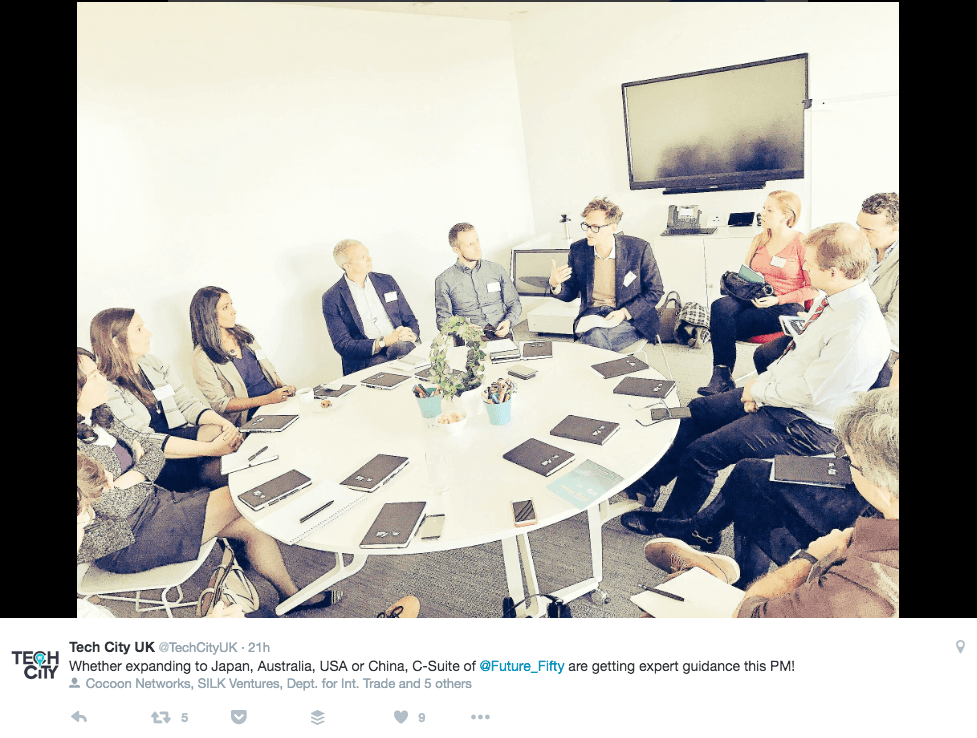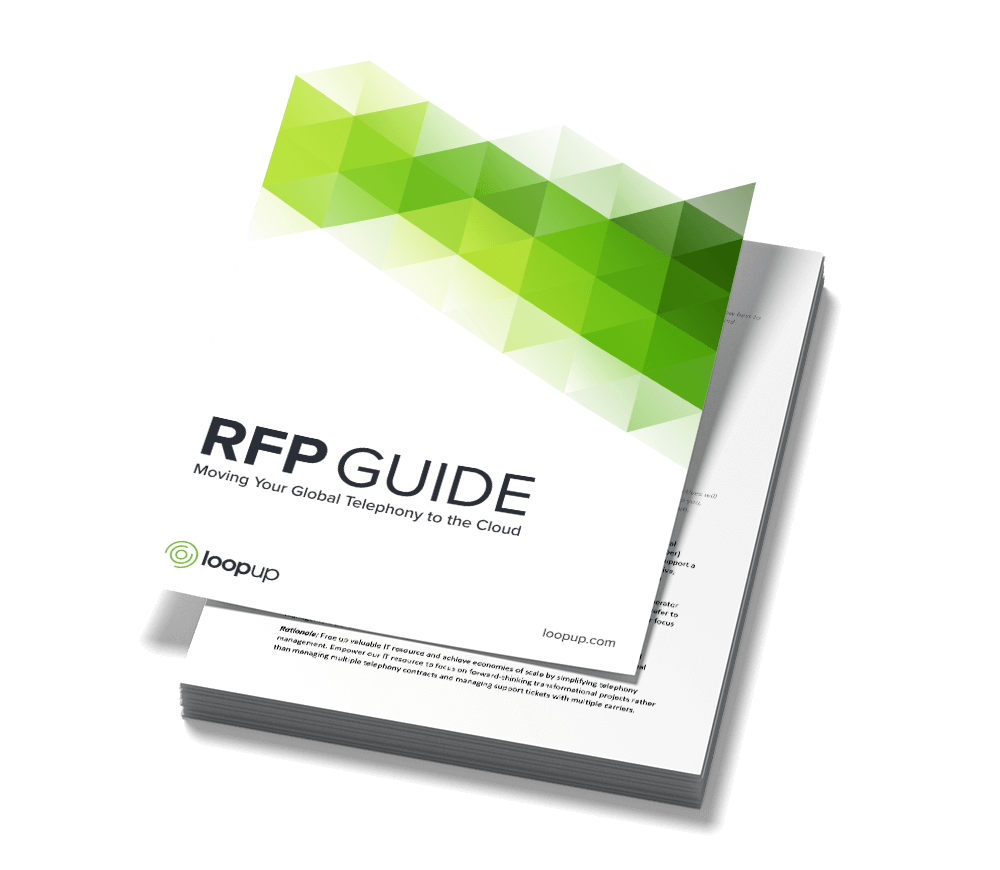
On November 2, LoopUp joined a group of industry leaders at the Tech City Future Fifty “Going Global” event in London, where discussions focused on the challenges and opportunities facing companies looking to expand overseas, and the impact that recent events, like Brexit, may have on growing technology businesses.
As part of this, Future Fifty asked a few attendees whose companies have locations outside of the UK to share insights regarding benefits and challenges with regionalisation and lessons learned when entering global markets.
Here’s what our own Steve Flavell had to say around LoopUp’s journey establishing offices in the US and UK at the same time:
Where / who did you look to for help/ advice when entering the US?
We set up shop in the US at the same time we set up in the UK, and our founding team was made up of people in both regions. Our founding team members in the US included some highly talented people with experience in the region, prior experience at startups and with the product and engineering backgrounds we needed to be successful. We really relied on the individual strengths and experience of this early team (who are still with us today!) to help establish the company in both markets.
If there is one thing you could go back and tell yourself before entering the US, what would it be?
Get a good accountant. Accounting, tax and regulation in general are all very different in the US, particularly given the differences that can exist from state to state. We underestimated this challenge initially and ended up getting a fair few things wrong – in particular with sales tax. In addition to sales tax, we found that there were other taxes associated with our product that varied from state to state, or existed in one state but didn’t exist in another. It’s not always clear which taxes apply to you and which don’t when you look for them. Don’t skimp on tax and accounting advice when getting started in the US.
What has been the most challenging thing about setting up in the US?
Almost counterintuitively, Silicon Valley and San Francisco aren’t the best, or easiest, places to recruit engineers. While there is a wealth of talent in Silicon Valley, there is also a lot of competition. When you’re an early stage company, you’re at a bit of an advantage because you can give away equity to new recruits, but when you’re in scale-up mode and you don’t have big chunks of equity to disperse, you’re competing with the big companies as well as other growth stage companies after the same pool of talent. Either that, or the engineers you want already have equity in their own ventures. This challenge is why we created the Silicon Valley Internship Program (SVIP), which brings new software and computer engineering grads to Silicon Valley through a one-year internship program.
What are the main benefits of setting up in the US?
We were always going to be in the US, because it is the world’s biggest market for what we do. In fact, the US was a more obvious choice than the UK initially. The UK offers some truly compelling entrepreneurial schemes – like the Enterprise Investment Scheme – that make it lucrative for new businesses to set up here. These startup schemes and the fact that our early angel investors were also UK-based are really what led us to headquartering in the UK at the same time that we were setting up in the US.
For more information on the Future Fifty, visit: http://futurefifty.com/









